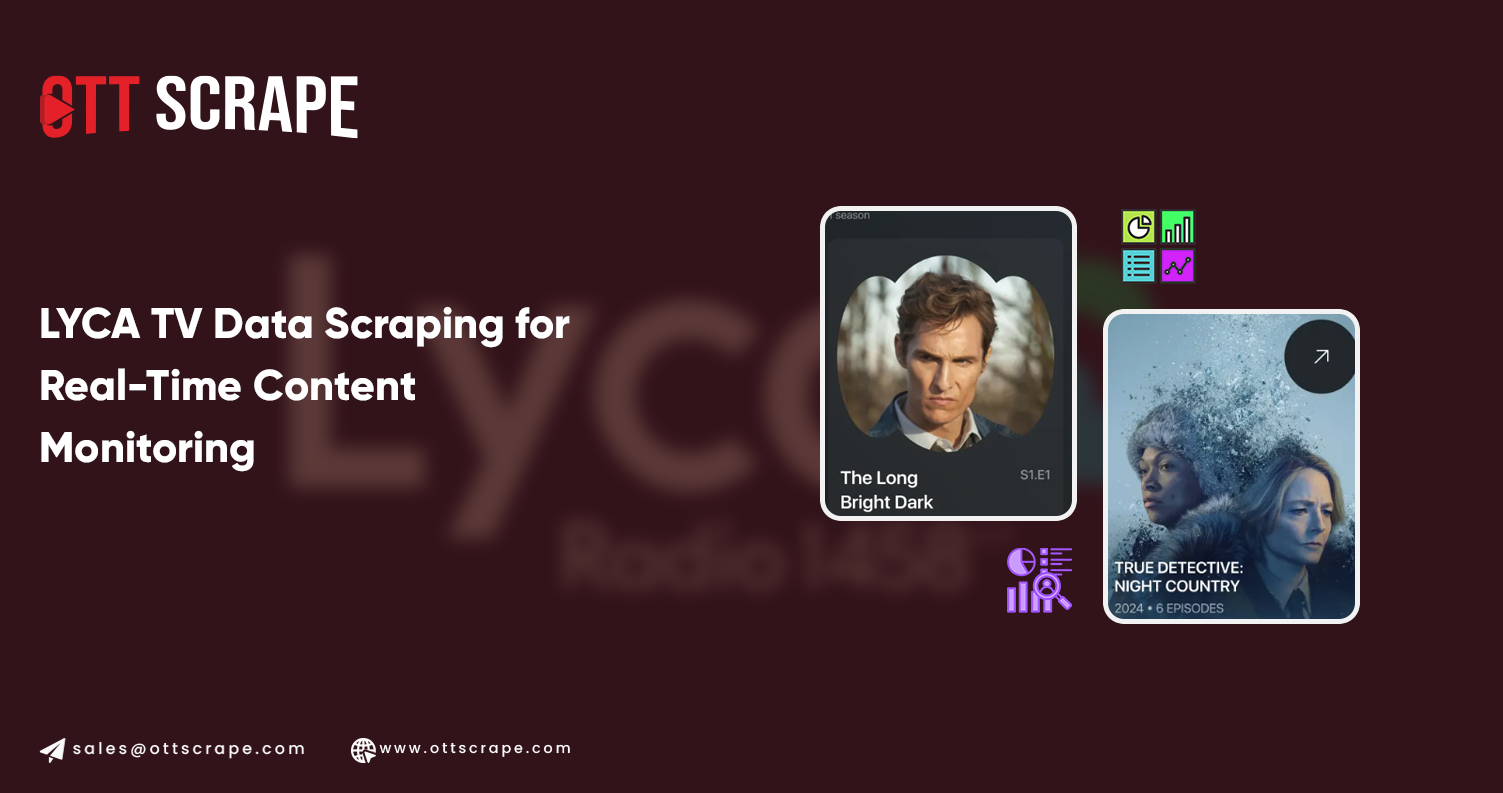
Introduction
The digital entertainment landscape has transformed dramatically, with over-the-top (OTT) platforms like LYCA TV emerging as key players in delivering diverse content to global audiences. LYCA TV, known for its extensive library of movies, web series, and live TV, caters to a multilingual and multicultural audience, particularly in regions such as the USA, UK, UAE, Germany, Canada, and India. The ability to extract and analyze data from such platforms has become invaluable for businesses, researchers, and content creators seeking to understand market trends, viewer preferences, and competitive dynamics. LYCA TV Data Scraping enables stakeholders to unlock actionable insights, driving strategic decision-making in the fast-evolving streaming industry. This report explores the significance, applications, and impact of scraping data from LYCA TV, highlighting its role in shaping content strategies and enhancing user engagement.
The Role of Data Scraping in OTT Platforms
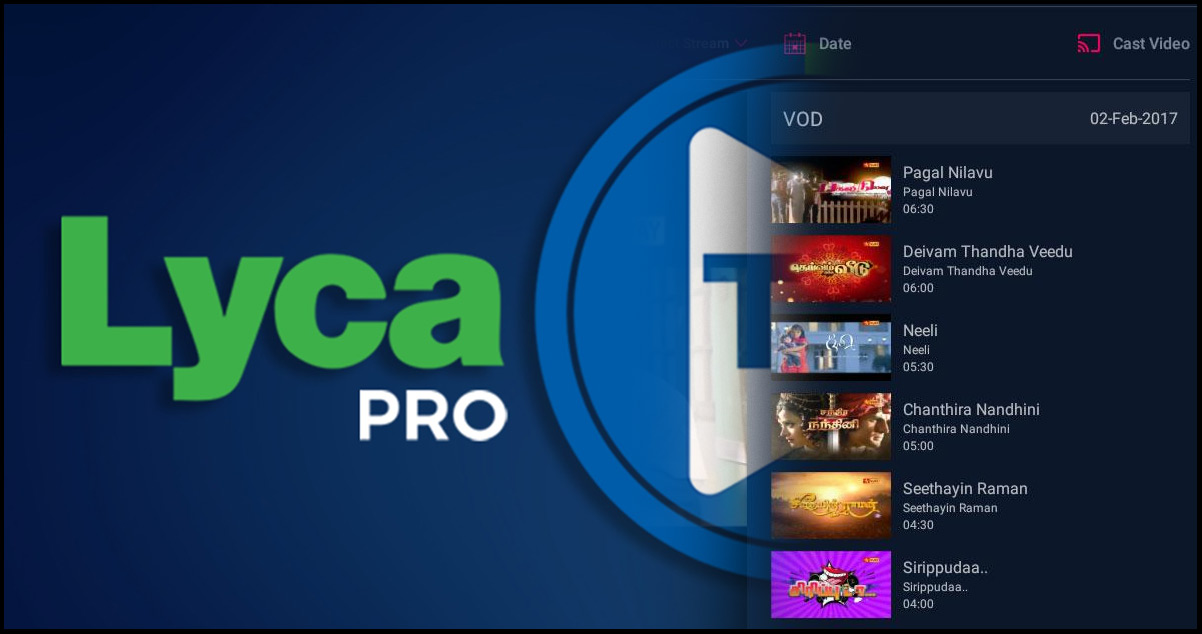
OTT platforms generate vast amounts of data, including content metadata, user engagement metrics, subscription plans, and regional preferences. LYCA TV OTT Streaming Data encompasses show titles, genres, cast information, release dates, ratings, and pricing structures. By systematically collecting this data, businesses can comprehensively understand the platform’s offerings and audience behavior. Scraping facilitates the collection of structured datasets that reveal patterns in content consumption, enabling media analysts to identify high-performing genres or predict emerging trends. For instance, data on popular web series or movies can inform content acquisition strategies, while subscription data helps optimize pricing models to enhance user retention.
Scrape LYCA TV Movie & Show Data to provide granular insights into the platform’s content library. This includes metadata such as episode counts, runtime, and viewer ratings, which are critical for understanding content performance. By analyzing this data, content creators can tailor their productions to align with audience preferences, while marketers can develop targeted campaigns based on regional viewing habits. Moreover, scraping extends beyond content to include user-facing elements like subscription plans, offering a holistic view of the platform’s ecosystem.
Applications of LYCA TV Data Scraping
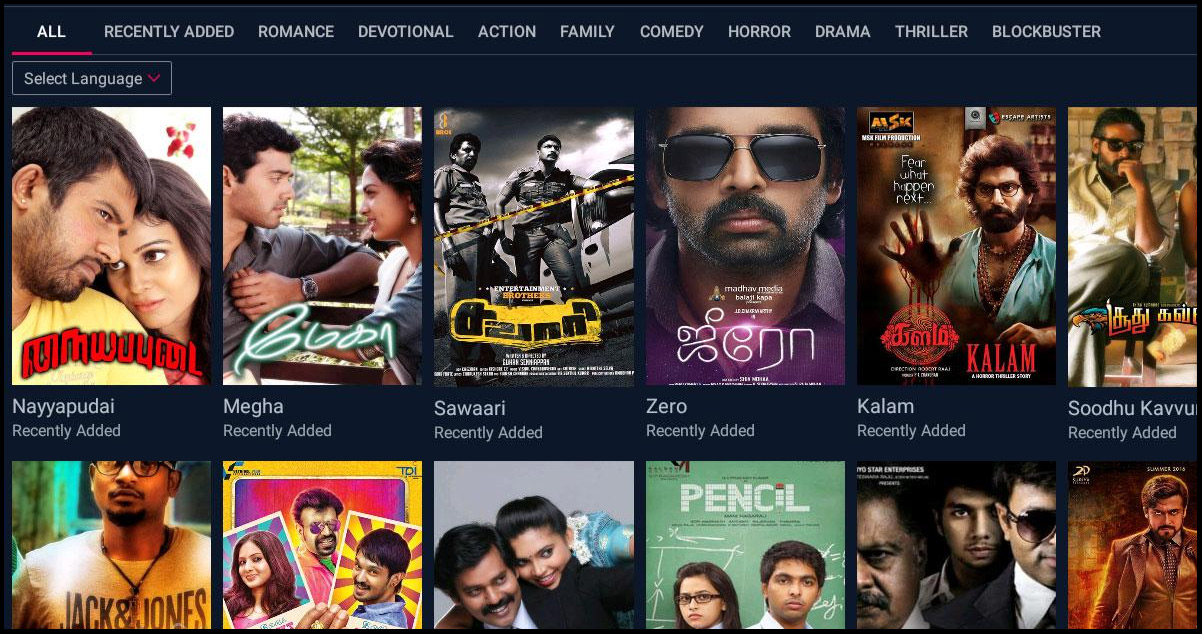
Content Analytics and Trend Analysis
Content analytics is one of the primary applications of using services to Extract LYCA TV Streaming Data. Businesses can track the popularity of specific titles or genres by collecting data on movies, web series, and live TV channels. For example, LYCA TV Web Series Data reveals which series resonates with audiences in different regions, allowing platforms to prioritize similar content. This data also supports trend analysis, helping stakeholders anticipate shifts in viewer preferences. For instance, a surge in demand for regional-language content in the UAE or India could prompt LYCA TV to expand its offerings in those markets.
Table 1 below illustrates sample data extracted from LYCA TV’s web series catalog, showcasing key metrics used for trend analysis.
Table 1: Sample LYCA TV Web Series Data
| Title | Genre | Region | Average Rating | Episode Content |
|---|---|---|---|---|
| The Family Saga | Drama | India | 4.2/5 | 12 |
| Urban Chronicles | Thriller | UK | 4.0/5 | 8 |
| Love in the City | Romance | UAE | 3.8/5 | 10 |
| Mystery Manor | Mystery | USA | 4.5/5 | 6 |
Market Research and Competitive Analysis
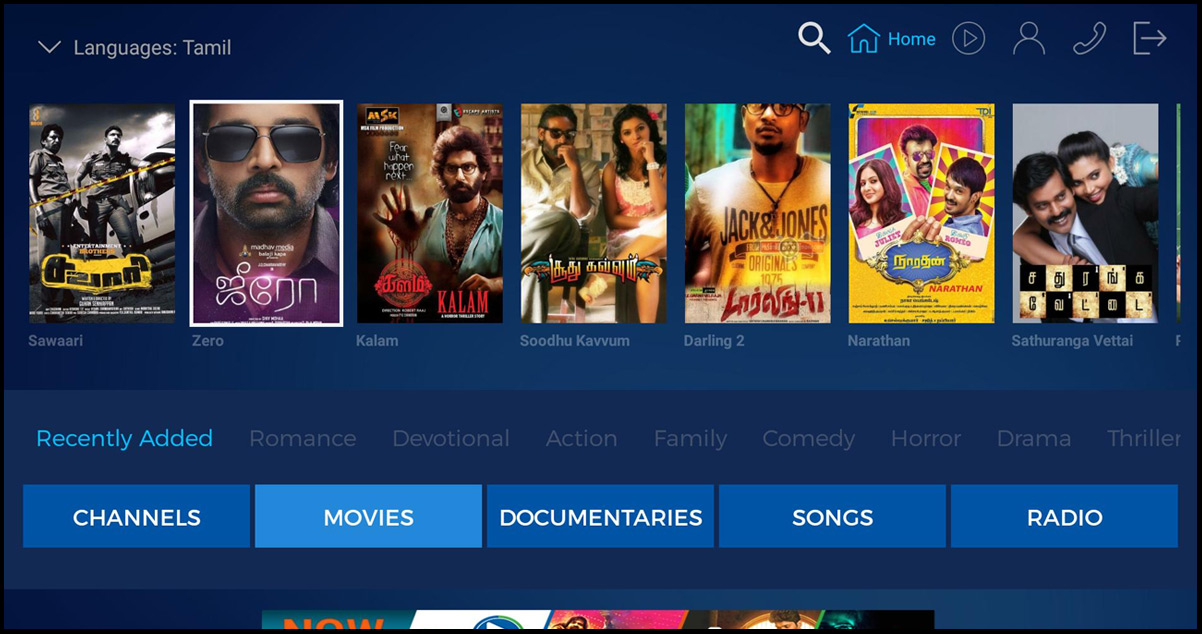
Web Scraping LYCA TV Shows & Movies empowers businesses to conduct robust market research. By extracting data on content availability, pricing, and user feedback, companies can benchmark LYCA TV against competitors like Netflix or Amazon Prime. For example, LYCA TV Subscription Data Scraping provides insights into plan structures, such as monthly costs, trial periods, and regional discounts. This information is crucial for understanding how LYCA TV positions itself in the market and identifying opportunities for differentiation.
Additionally, scraping enables competitive analysis by comparing content libraries across platforms. Data on movie genres, release frequencies, and viewer ratings can highlight gaps in LYCA TV’s offerings, guiding strategic content investments. For instance, if competitor platforms show higher engagement with sci-fi movies, LYCA TV could prioritize acquiring or producing similar content to capture that audience segment.
Enhancing User Experience
LYCA TV Movie Data Extraction supports the development of personalized recommendation systems. By analyzing metadata such as genres, cast, and viewer ratings, platforms can improve content discoverability, ensuring users find shows and movies that match their preferences. This enhances user satisfaction and reduces churn rates. Furthermore, LYCA TV Subscription Data Extraction reveals patterns in subscription renewals and cancellations, enabling platforms to refine their retention strategies. For example, identifying a high cancellation rate after trial periods could prompt LYCA TV to introduce loyalty discounts or exclusive content for long-term subscribers.
Challenges in LYCA TV Data Scraping
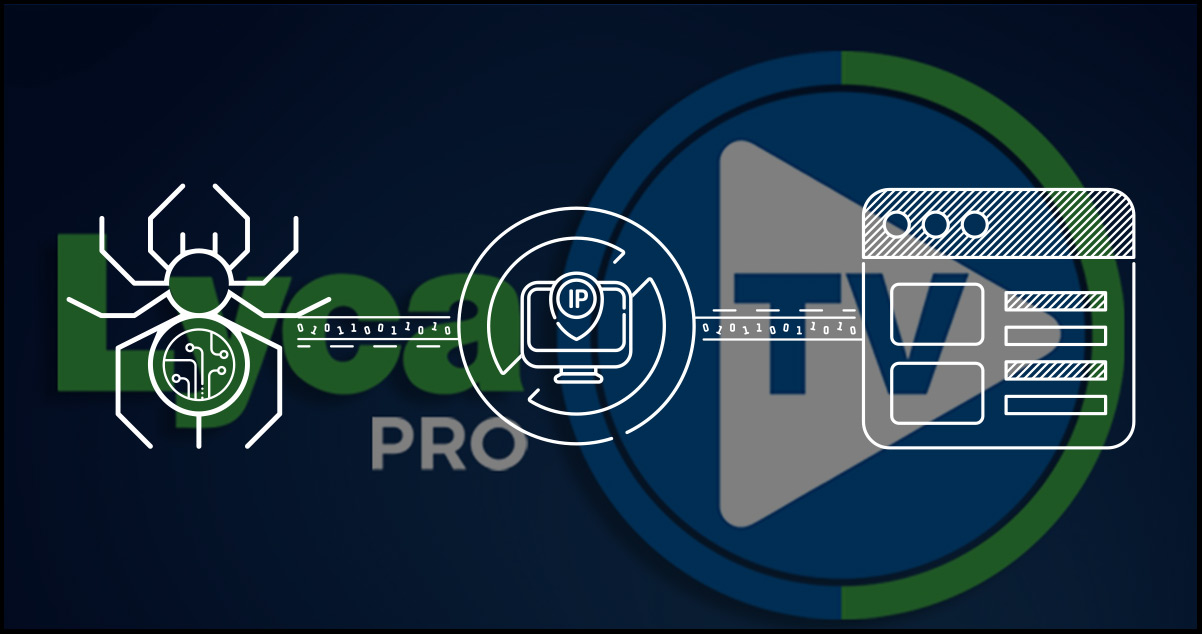
While scraping offers significant benefits, it comes with challenges. Platforms like LYCA TV often implement anti-scraping measures, such as CAPTCHAs or IP blocking, to protect their data. These barriers require sophisticated scraping tools that can bypass restrictions while ensuring compliance with legal and ethical guidelines. Additionally, the dynamic nature of OTT platforms means that content and pricing data change frequently, necessitating real-time or near-real-time scraping solutions to maintain accuracy.
Another challenge is data standardization. LYCA TV operates across multiple regions, and content metadata may vary in format or language. For instance, a movie title in the UK may differ from its Indian counterpart, complicating data aggregation. Advanced scraping tools must account for these variations to deliver consistent datasets.
Technological Considerations
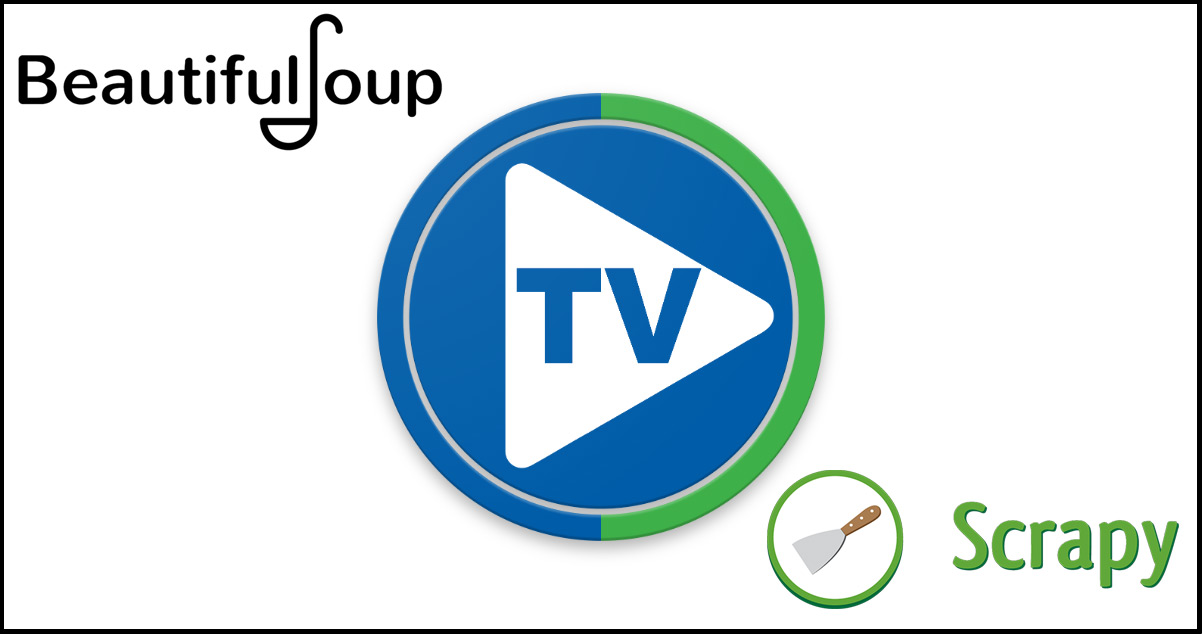
Effective scraping of LYCA TV API Data requires robust technological frameworks. APIs, when available, provide structured access to platform data, but LYCA TV may limit API usage to authorized partners. In such cases, web scraping tools like Python-based libraries (e.g., BeautifulSoup or Scrapy) or enterprise-grade solutions are employed to extract data from the platform’s website or app. These tools must handle dynamic web elements, such as JavaScript-rendered content, to capture comprehensive datasets.
Moreover, scraped data must be cleaned and organized into standardized formats, such as CSV or JSON, for analysis. This involves removing duplicates, normalizing text, and resolving inconsistencies in metadata. Advanced analytics platforms can then process these datasets to generate visualizations, predictive models, or actionable reports.
Table 2 below presents sample subscription data extracted from LYCA TV, highlighting regional pricing variations.
Table 2: Sample LYCA TV Subscription Data
| Region | Plan Type | Monthly Cost (USD) | Trial Period | Content Access |
|---|---|---|---|---|
| USA | Premium | 9.99 | 7 days | Movies, Series, Live TV |
| UK | Standard | 7.49 | 14 days | Movies, Series |
| UAE | Basic | 5.99 | None | Movies, Live TV |
| India | Premium | 4.99 | 30 days | Movies, Series, Live TV |
Impact on the Streaming Industry
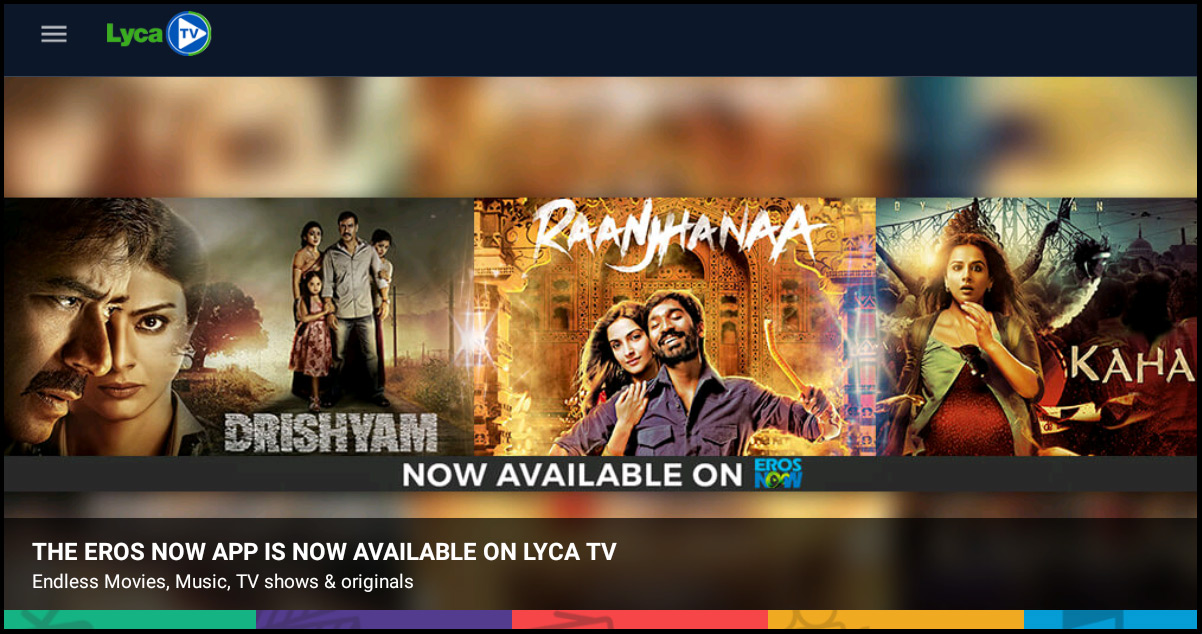
The insights derived from LYCA TV Data Scraping have far-reaching implications for the streaming industry. For platforms, data-driven strategies enhance content curation, pricing optimization, and user engagement, strengthening their competitive position. For content creators, scraped data informs production decisions, ensuring alignment with audience demands. For researchers, the data provides a window into cultural and regional viewing trends, contributing to academic studies on media consumption.
Furthermore, scraping fosters innovation in adjacent industries. Advertising agencies can leverage viewer data to design targeted campaigns, while app developers can create companion tools, such as content recommendation apps, based on LYCA TV’s catalog. Scraping transforms raw data into a strategic asset by enabling data-driven decision-making, driving growth and innovation across the entertainment ecosystem.
Ethical and Legal Considerations
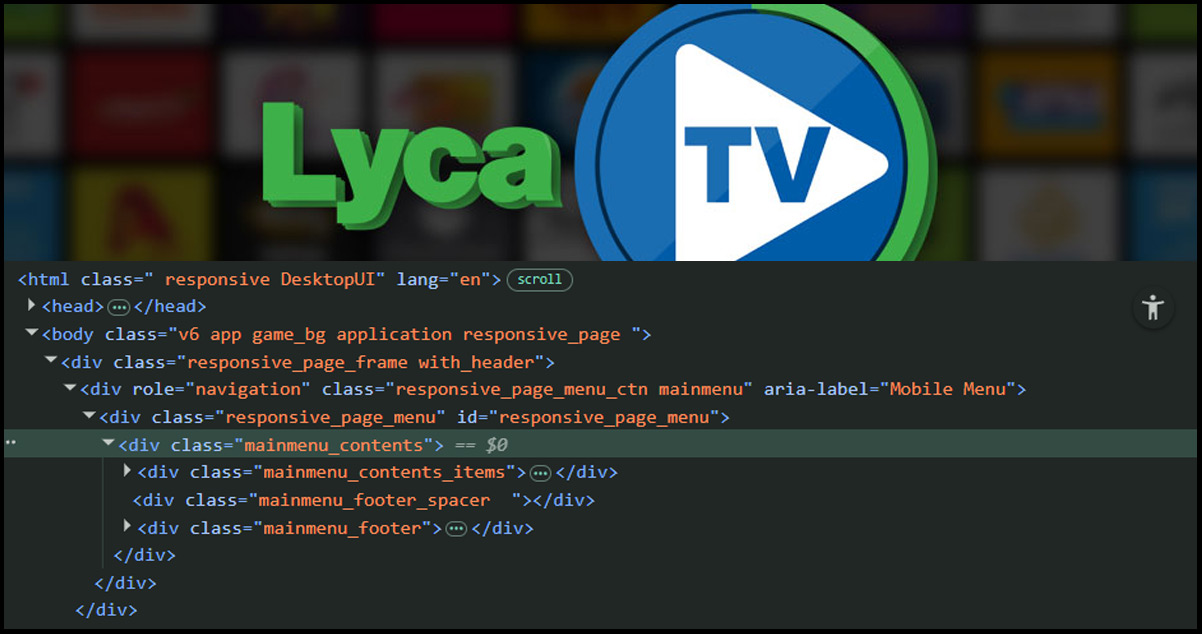
Scraping LYCA TV data must be conducted responsibly to avoid legal and ethical pitfalls. Platforms often outline data usage policies in their terms of service, and unauthorized scraping may violate these agreements. To mitigate risks, businesses should seek permission to access LYCA TV API Data or use publicly available data in compliance with regulations like GDPR or CCPA. Transparency with users about data collection practices also builds trust and ensures ethical conduct.
Conclusion
LYCA TV Data Scraping is a powerful tool for unlocking insights in the competitive OTT streaming market. By extracting and analyzing data on movies, web series, subscriptions, and viewer preferences, stakeholders can make informed decisions that enhance content strategies, optimize pricing, and improve user experiences. Despite challenges like anti-scraping measures and data standardization, advanced tools and ethical practices enable businesses to harness the full potential of LYCA TV’s data. As the streaming industry continues to evolve, the ability to scrape and analyze data will remain a critical driver of innovation, ensuring platforms like LYCA TV deliver value to their audiences.
Embrace the potential of OTT Scrape to unlock these insights and stay ahead in the competitive world of streaming!
